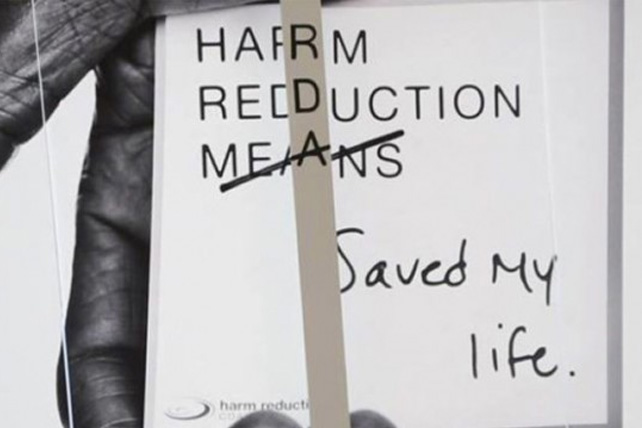Since 2015, Bulgaria has no longer been eligible for financial support from the Global Fund for HIV treatment and prevention programmes, including harm reduction measures for people who inject drugs.
As stated in a 2017 report by Harm Reduction International (HRI), harm reduction financing is critical in Bulgaria. The government has failed to provide sufficient support to needle-syringe programmes (NSPs) following the funding gap that resulted from the withdrawal of Global Fund finances.
This piece first appeared in Russian on TalkingDrugs-RU. This is a translation.
According to the Global State of Harm Reduction report, published by HRI in December 2018, “due to the withdrawal of donor funding and the lack of government support, all NSPs in Bulgaria have closed down or ceased providing needles and syringes”.
As the Eurasian Harm Reduction Association (EHRA) has identified, this dramatic decrease in services raises the risk of HIV infections, predominantly among the key at-risk populations. As HRI’s latest report noted, Bulgaria allocates just 4 per cent of its budget for countering HIV to people who inject drugs (PWID), in contrast with 40 per cent allocated by authorities in Georgia.
Prior to 2015, harm reduction services in Bulgaria had been steadily developing since the mid-90s, with most services provided by NGOs. In 2013, Bulgaria had 3,563 OST clients in 14 cities of the country. Research shows that – between 2004 to 2012 – harm reduction programmes supported by the Global Fund led to considerable health improvements. During this period, the number of PWID engaging in safer drug injecting practices increased from 17 per cent to 62 per cent, while reported safer sexual practices among this group rose from 40 per cent to 58 per cent. The number of PWID undergoing regular HIV testing also increased from 17 per cent to 62 per cent during this time.
Following the Global Fund’s withdrawal from Bulgaria in 2015, two out of 10 NGOs providing harm reduction services were forced to close. By May 2017, six of the remaining eight also had to stop their work.
According to Bulgarian NGO Iniciativa za Zdrave, in order to return to the national harm reduction coverage level of 2014, the government must invest $425,000 annually. But there is no political will do so, activists claim.
Yulia Georgieva, Bulgarian harm reduction activist and EHRA Steering Committee co-chair, told TalkingDrugs that Southern Europe is often forgotten by international donors because it is situated in between developed Western European countries and the traditionally-supported EECA region.
The true extent of how these funding cuts have harmed people is unknown. As HIV testing among key populations is no longer available, activists cannot even say how high HIV-rates currently are among PWID in the country. The financial burden faced by patients is also unclear; the government only covers purchase of methadone for the existing OST programmes, so the rest of the programmes’ services are paid for by individual patients.
Yulia Georgieva and her team continue to mobilise key populations to participate in advocacy activities aimed at saving their lives. For now, it remains unclear if international or domestic funding for harm reduction services will improve in Bulgaria.


